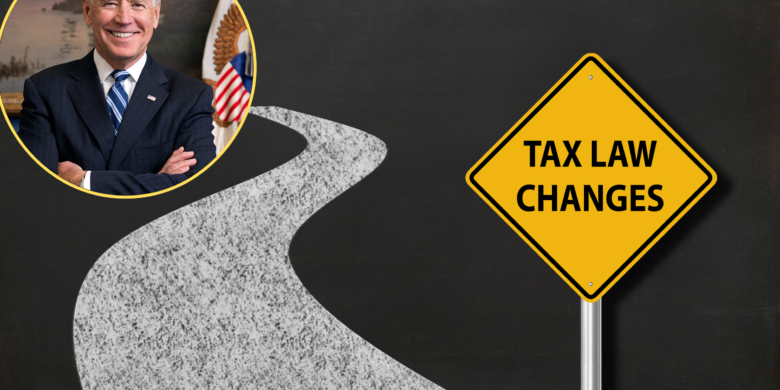
On Wednesday, January 20, 2021, Democrat Joseph R. Biden was inaugurated as the 46th President of the United States. During his presidential campaign, there were many changes proposed that could have significant tax consequences. He will have slight majorities in the House and Senate, with any Senate tie being decided by Vice President Kamala Harris. Substantial policy changes require 60 Senate votes, which may limit some proposals. However, tax policy is likely to change in the upcoming years, with Congress using special budget procedures to pass tax hikes without needing all 60 Senate votes.
The new administration has proposed increasing the top tax rate back up to 39.6% from 37%. Individual capital gains and qualified dividend tax rates are currently 0, 15 or 20%, depending on an individual’s taxable income for the year. For taxpayers with over $1 million of income, the proposal would also treat capital gains and dividends as regular income, taxed at the top ordinary rate of 39.6%. This rate along with the 3.8% net investment income tax (NIIT), would be nearly double that of the current top rate of 20% plus the 3.8% NIIT.
Potential changes could be coming to itemized deductions. The current state and local tax deduction limit of $10,000 is likely to double to at least $20,000. The 3% reduction for itemized deductions may be reinstated for individuals with taxable income over $400,000. This was formerly referred to as the Pease limitation. Additionally, the proposal would cap the tax benefit of itemized deductions at 28% of value for taxpayers with income over $400,000. The President is also proposing applying social security taxes on wages or net self-employed income up to $142,800 (the 2021 social security tax ceiling) and again once income exceeds $400,000.
Additional personal income tax proposals from the President include increasing the earned income tax credit (EITC) to childless workers from $530 to $1,500 for one year and expanding it to cover those over 65. The proposal includes a new $5,000 tax credit for caregivers of individuals with certain physical and cognitive needs. He has also proposed a refundable $4,000 child care tax credit for a qualifying child, up to $8,000 for two or more children. The proposal would also support a plan to make the child tax credit refundable for a year and increase the credit from $2,000 per child to $3,000 per child for children ages 6 to 17 and $3,600 for children under 6. We may also see a credit for first-time home buyers up to $15,000.
For gift and estate taxes, the proposal would eliminate the step-up basis to heirs at death for inherited assets. In addition, it would reduce the gift and estate tax exemption back to the 2009 level of $3.5 million and raise the tax rate from 40% to 45%.
Current proposals include increasing the corporate tax rate to 28% from 21%. Additionally, the President is proposing a 15% minimum tax or “book tax” on companies with reported financial statement income of $100 million or more. For passthrough entities such as partnerships and S corporations, he is proposing to phase out the qualified business income (QBI) deduction under Section 199A, that allows eligible taxpayers to deduct up to 20% of their QBI. The phase out would affect taxpayers with taxable income over $400,000.
Many uncertainties still exist, and tax policy will undoubtedly see updates as Congress begins working on the significant change in White House tax philosophy. We will continue monitoring tax policy updates to assist you with tax planning throughout the year.
If you need assistance or have any questions related to the proposed tax plans, please call your CironeFriedberg professional. You can reach us by phone at 203-798-2721 (Bethel), 203-366-5876 (Shelton), or 203-359-1100 (Stamford), or email us at info@cironefriedberg.com





Leave a Reply